
Last Updated At: 15-May-2025
Culture of New Zealand | Kiwi Land's Cultural Kaleidoscope
New Zealand, a country known for its beautiful landscapes and fascinating cultures, has a culture that is just as distinctive and alluring as its breathtaking natural beauty. New Zealand's cultural identity is a rich tapestry woven with history, art, music, and food, from the indigenous Maori traditions to the influence of European settlers. New Zealand's Maori culture history spans millennia and is intriguing.
The impact of British culture on New Zealand is undeniable and has left an enduring mark on the nation's identity. British influence pervades New Zealand society, from English to legal and political systems. This cultural tie reveals the country's history and development. When we compare New Zealand culture and American culture, it shows fascinating differences. Both countries speak English, but their individualism and collective identity differ.
Culture of New Zealand | Tradition, History, and Identity
New Zealand's cultural norms and values emphasise a strong sense of community, environmental stewardship, and a "No. 8 wire" mentality, representing innovation and resourcefulness. Let's set out on a trip to understand New Zealand's culture as we delve into its history, customs, various elements that characterise the Kiwi way of life, and some of the best cultural events in New Zealand.
- Culture of New Zealand | The Heartbeat of New Zealand's Culture
- Language and Legends | The Maori Cultural Identity
- Haka | The Powerful Dance of the Maori
- European Influence | The Settlers' Impact
- Kiwi Innovations | The New Zealand Way of Life
- New Zealand's World of Art and Music | Harmonious Horizons
- The New Zealand Way of Dining | Cuisine and Customs
- A Cultural Melting Pot | Immigration and Diversity
- Arts and Culture Festivals | Celebrating Diversity
- Te Papa Tongarewa | The National Museum of New Zealand
- The Art of Wine and Brew | New Zealand's Liquid Treasures
- Waitangi Treaty Grounds | The Heartbeat of Heritage
1. Culture of New Zealand | The Heartbeat of New Zealand's Culture
Maori history, which has persisted for millennia and continues to influence New Zealand culture, is at the heart of the country's identity. The Maori people, the nation's native Polynesians, present a distinctive cultural perspective that is both old and current. Their traditions, language, and creative output are intricately intertwined into the fabric of New Zealand's national character.
2. Language and Legends | The Maori Cultural Identity
Te Reo Maori is a language that is very prominent in Maori culture. The legends, customs, and history of the Maori people are preserved in this language. Te Reo Maori has been revitalised and maintained, and it now plays an important role in defining New Zealand's identity. Myths and legends shape the Kiwi narrative passed down through the decades, connecting the populace to their ancestors and the land, such as the epic of Maui. Experience New Zealand's authentic nature by learning about Maori culture.
3. Haka | The Powerful Dance of the Maori
The Maori people's ceremonial dance, known as the Haka, is known worldwide for its imposing and intimidating performances. The Haka, originally a war dance, is essential to New Zealand's cultural manifestations today. It is performed at various events, such as before an All Blacks rugby match, to exhibit pride and solidarity and to welcome guests. The Haka is a beautiful example of the Maori culture's tenacity and passion.
4. European Influence | The Settlers' Impact
A cultural transformation brought about by the advent of European settlers in New Zealand created new layers to the nation's identity. A distinctive fusion of influences resulted from blending indigenous culture with European traditions and practices. The settlers brought in things like agriculture, Western architectural designs, and the English language, significantly impacting the development of New Zealand culture.
5. Kiwi Innovations | The New Zealand Way of Life
Kiwis, as New Zealanders are known, have a unique way of life characterised by a strong sense of connection to the land and an innovative spirit. Kiwis are ardent outdoor enthusiasts who enjoy sailing, surfing, and hiking as ways to enjoy the breathtaking natural beauty that surrounds them. The Kiwis have a concept for resourcefulness known as the "No. 8 wire mentality" that represents their capacity to come up with creative solutions to problems.
6. New Zealand's World of Art and Music | Harmonious Horizons
The arts and music play a significant role in New Zealand culture, reflecting and influencing the country's identity. Famous artists who drew inspiration from the distinctive New Zealand scenery, including Colin McCahon and Ralph Hotere, have made significant contributions to the art world. New Zealand's cultural variety is honoured through musical styles like reggae, hip-hop, and merging Maori and Western elements.
7. The New Zealand Way of Dining | Cuisine and Customs
The numerous cultural influences are reflected in New Zealand's culinary traditions. Maori cuisine exhibits a solid connection to the land by utilising native products like kumara. Popular favourites include dishes with European influences, such as the traditional meat pie and fish & chips. The "Kiwiana" movement also champions beloved and recognisable Kiwi dishes, elevating them to objects of national adoration.
8. A Cultural Melting Pot | Immigration and Diversity
Immigration significantly influenced the cultural environment of New Zealand. The influx of immigrants from Asia, the Pacific Islands, and other parts of the world has added a wealth of Diversity, fostering a thriving and cosmopolitan community. Cultural festivals, activities, and the availability of international food are ways the nation celebrates its Diversity.
9. Arts and Culture Festivals | Celebrating Diversity
New Zealand's cultural scene is vibrant thanks to various festivals and events. The Wellington-based New Zealand International Arts Festival presents a diverse spectrum of local and international talent in different artistic mediums. While Diwali celebrations honour the Indian population, the Pasifika Festival in Auckland celebrates the various Pacific Island cultures.
10. Te Papa Tongarewa | The National Museum of New Zealand
Te Papa Tongarewa, the National Museum of New Zealand, is a pillar of the community and a repository for the history and culture of the country. It has substantial exhibits on Maori history, the natural history of New Zealand, and modern Kiwi art. The museum provides an interactive tour of the nation's cultural development.
11. Waitangi Treaty Grounds | The Heartbeat of Heritage
Among the famous cultural landmarks in New Zealand, the Waitangi Treaty Grounds stand out. The Treaty of Waitangi, which established the connection between the Maori and the British Crown, was signed in 1840 at this significant location in the Bay of Islands. It represents the nation's dedication to biculturalism and its continual efforts to forge partnerships and comprehend different cultures. Visitors to Waitangi take in the rich history, customs, and ongoing discussion regarding the treaty's cultural and legal implications.
12. The Art of Wine and Brew | New Zealand's Liquid Treasures
Without sampling its world-class wines and speciality breweries, no gastronomic excursion of New Zealand is complete. Thanks to the nation's vineyards, wine lovers can choose from a wide variety of captivating Sauvignon Blanc, Pinot Noir, and Chardonnay. Craft brewers in New Zealand produce a wide variety of inventive beers, from rich stouts to hoppy IPAs, which go perfectly with the country's delectable food.
If you're wondering how to experience New Zealand culture beyond history and influences, consider engaging in a traditional Maori hangi feast. It's a unique culinary experience where food is cooked in an earth oven, infused with the earthy flavours of the land. New Zealand's culture is a tapestry of tastes and traditions stitched together by the country's native people, Europeans, people from the Pacific, and modern chefs who are creative with food. To experience the beautiful culture of this exquisite country, plan your vacation today with Adotrip and embark on this unforgettable journey. Enjoy a wealth of information and end-to-end travel assistance and book Flights, Hotels, and Tour Packages under one roof.
With us, nothing is far!
Frequently Asked Questions About the Culture of New Zealand
Q1. What are the main cultural influences that shape New Zealand's identity?
A1. The leading cultural influences of Māori heritage, British colonial history, and a commitment to environmental conservation shape New Zealand's identity.
Q2. Can you explain the importance of the Māori culture in New Zealand's society?
A2. Māori culture is vital in New Zealand, contributing to its unique identity through language, traditions, and art, fostering cultural understanding and partnership.
Q3. How has colonial history impacted the modern culture of New Zealand?
A3. Colonial history has left a lasting impact, influencing modern culture, legal systems, and British cultural elements, still evident in New Zealand today.
Q4. Can you tell me about the significance of the hongi, a traditional Māori greeting?
A4. The hongi is a significant Māori greeting, where two people push their noses and foreheads together, symbolising the exchange of breath and sharing of life.
Q5. What role do art and creativity play in New Zealand's cultural scene?
A5. Art and creativity are central to New Zealand's cultural scene, fostering innovation and self-expression, with renowned artists contributing to global art movements.
Q6. Are there any traditional ceremonies or rituals that are still practised today?
A6. Traditional ceremonies and rituals are still practised, such as the powhiri, a welcoming ceremony, and whaikorero, an oratory tradition.
Q7. How do New Zealanders generally view outdoor and adventure activities as part of their culture?
A7. New Zealanders highly value outdoor and adventure activities, considering them an integral part of their culture, with numerous opportunities to explore the country's natural beauty.
Q8. Can you explain the significance of the Haka and its various forms?
A8. The Haka, a powerful Māori dance, carries deep cultural significance and is often performed at events, signifying strength, unity, and cultural pride.
Q9. What's the cultural importance of the wharenui, a traditional Māori meeting house?
A9. Wharenui, traditional Māori meeting houses, hold cultural significance, serving as gathering places for essential ceremonies, discussions, and preserving tradition.
Q10. How has globalisation influenced and shaped New Zealand's contemporary culture?
A10. Globalisation has shaped New Zealand's contemporary culture, introducing diverse influences to cuisine and fostering connections to the broader world while preserving its unique identity.
--- Published By Adotrip
Latest Blogs
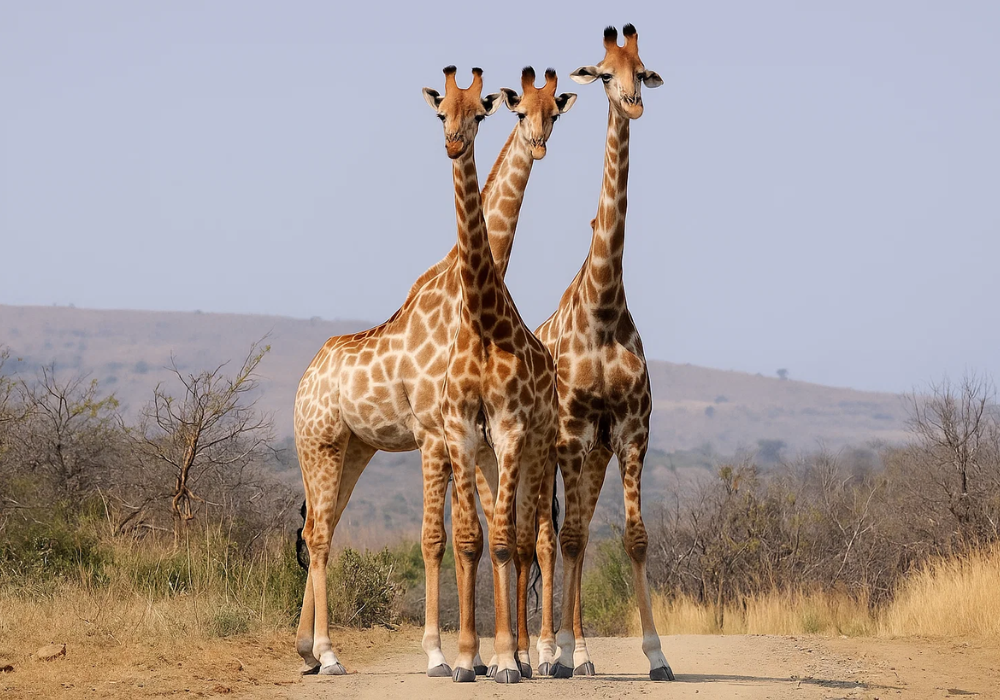
Cash in the Wild: My Safari Adventure Across Kenya with Only...

One Day Picnic Spot Near Pune - Adventure, Trekking and Natu...

One Day Picnic Spots Near Mumbai - Monsoon, Adventure, Beach...
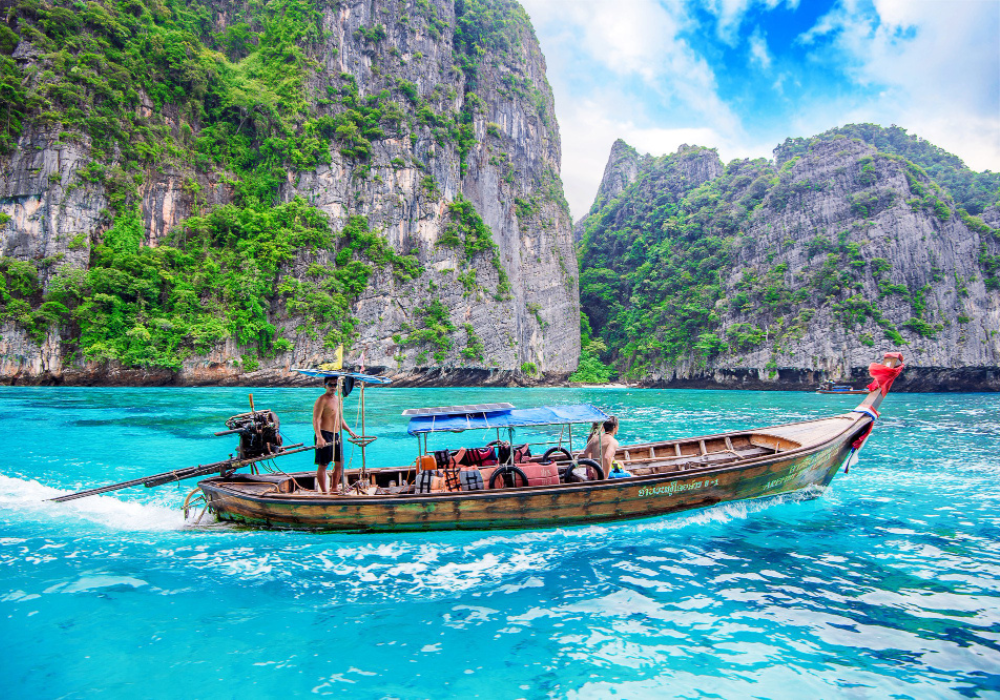
The Best Places to Go in Thailand in 2025



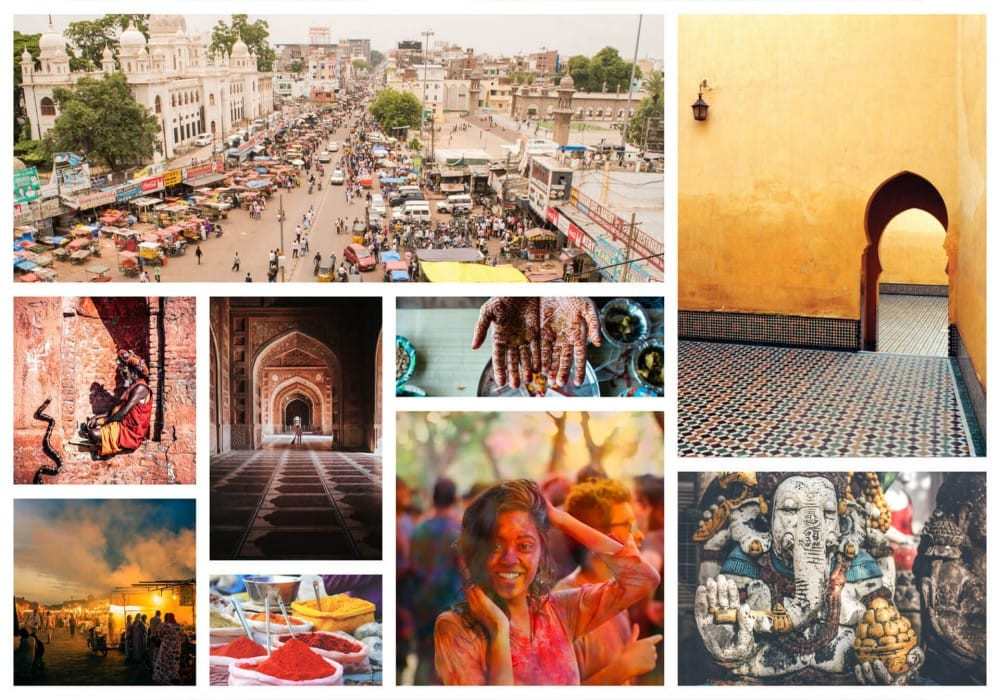
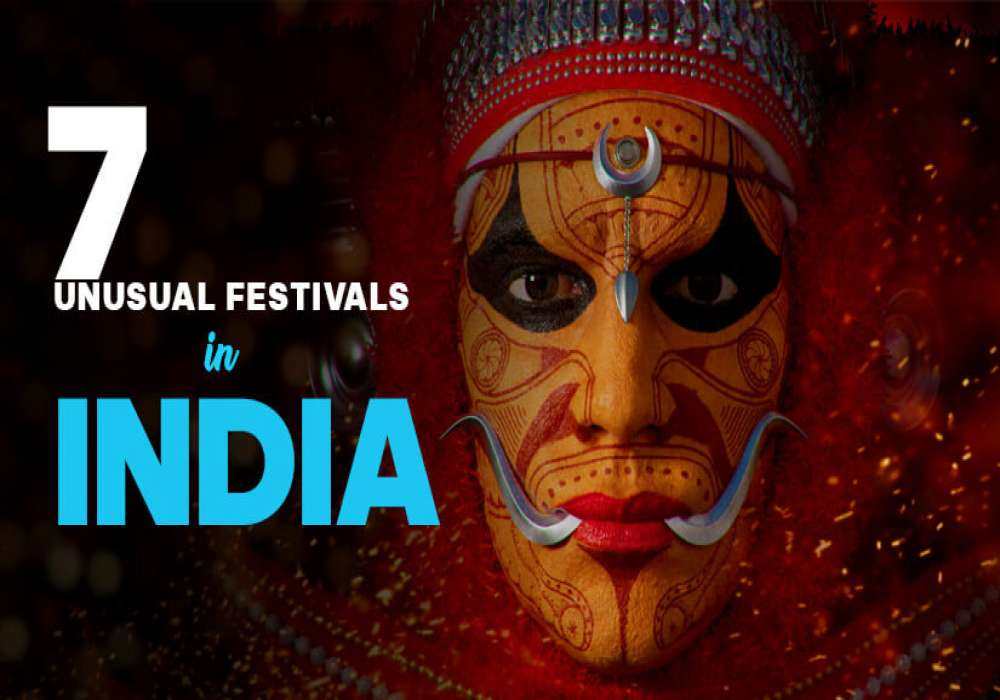


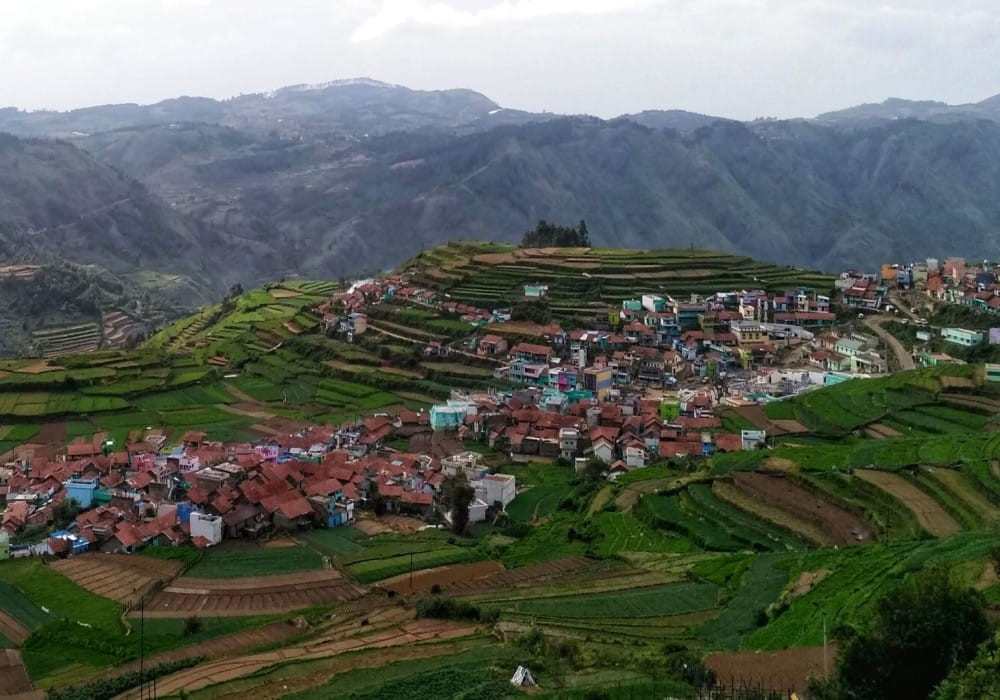

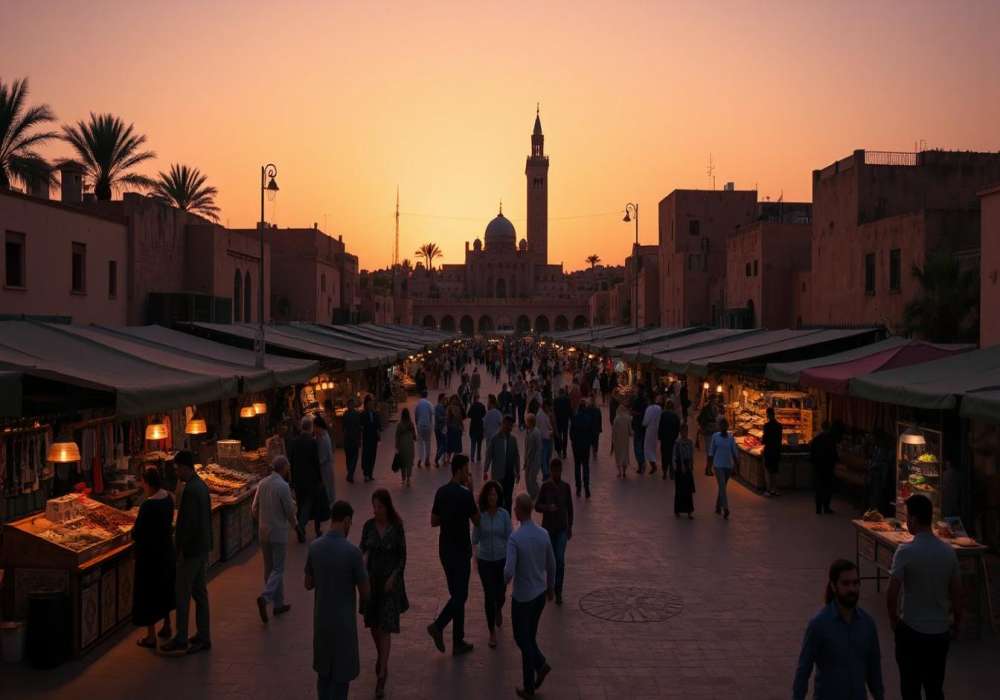
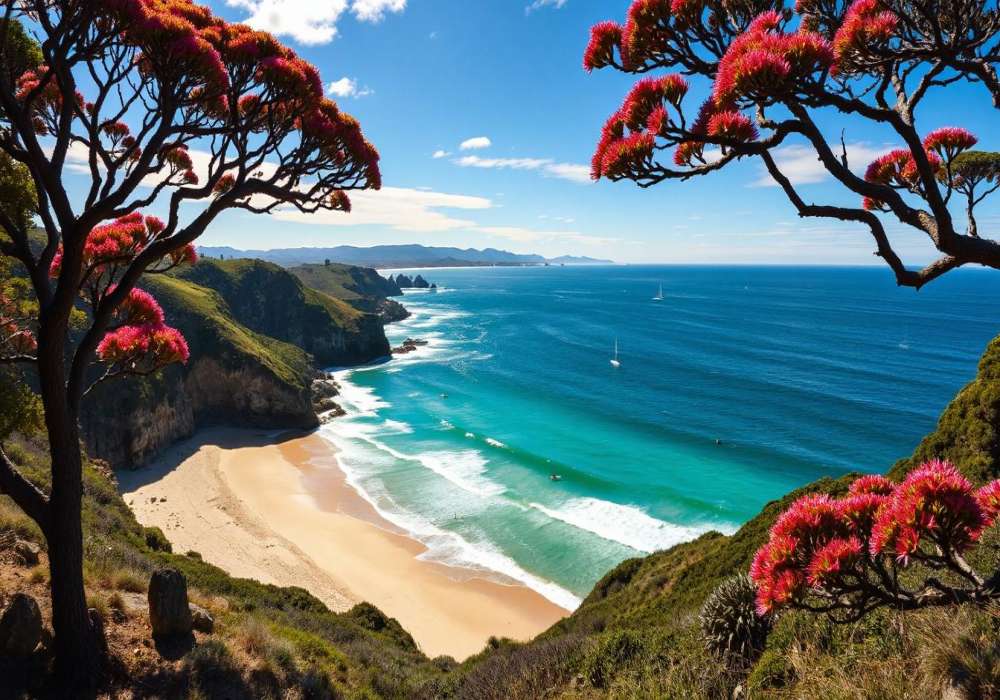
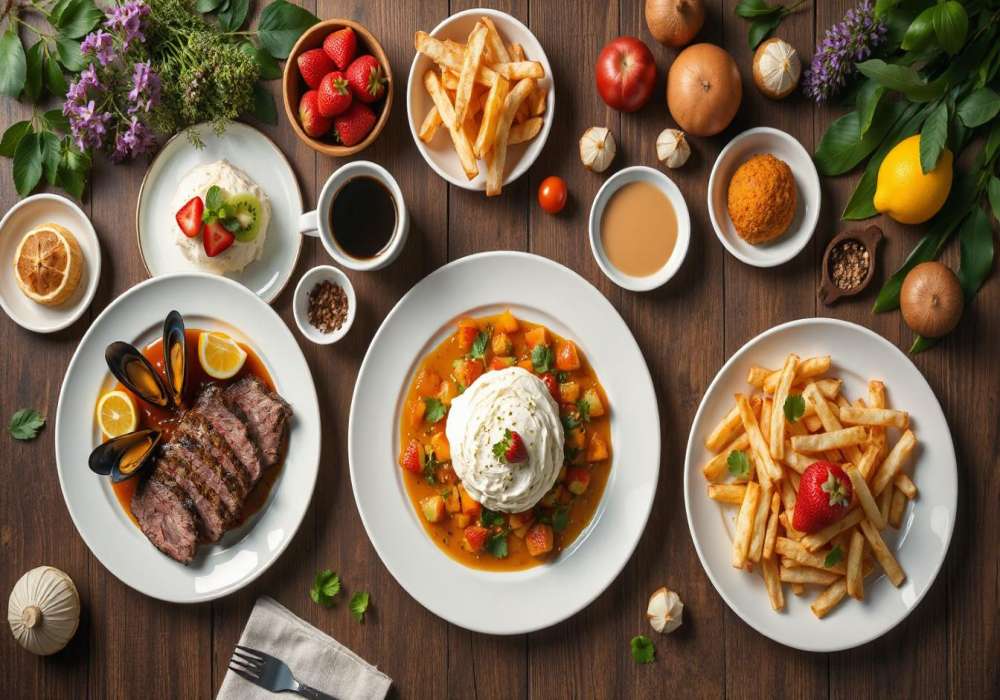
 Dubai
Dubai Malaysia
Malaysia USA
USA





